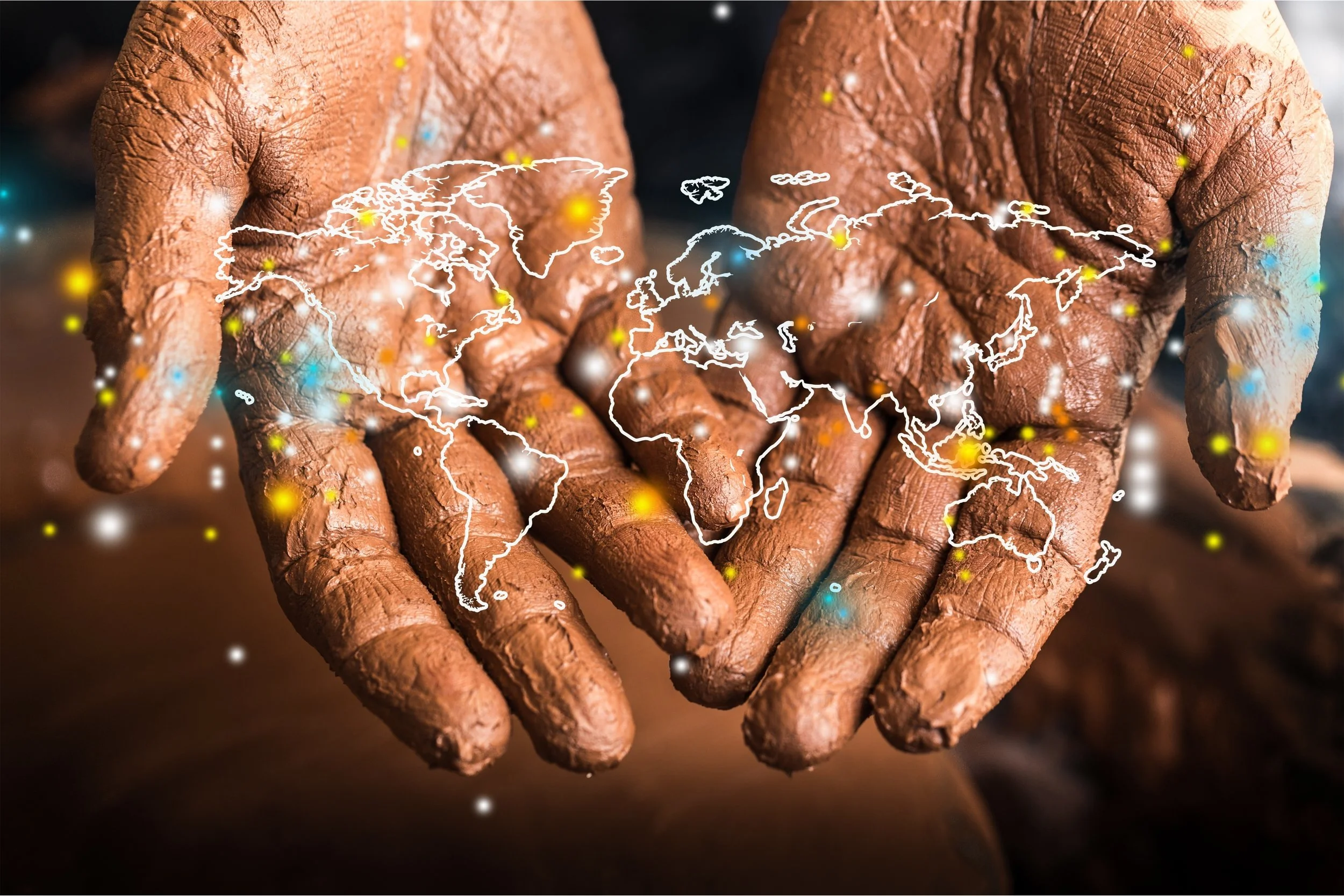Between February 27 and March 3, 2023, delegates and experts are reconvening in Geneva for the 46th session of the World Intellectual Property Organization’s Intergovernmental Committee on Intellectual Property and Genetic Resources, Traditional Knowledge and Folklore (IGC 46). The IGC 46 is the penultimate of four sessions exclusively dedicated to “undertake[ing] negotiations on TK and/or TCEs with a focus on addressing unresolved and cross-cutting issues and considering options for a draft legal instrument(s)”. Earlier negotiations on the TK/TCEs text were undertaken pursuant to IGC 44 and 45, and will be further explored finally in the 2022-2023 biennium at the IGC 47 slated for June/July 2023. IGC 47 will also include stocktaking and making recommendations on the subject of TK/TCEs for the 64th WIPO General Assembly in October 2023.
Read MoreBuoyed by the July 2022 WIPO 62nd General Assembly decision that endorsed a Diplomatic Conference on Genetic Resources (GR) and Associated Traditional Knowledge, delegates to the 45th Intergovernmental Committee (IGC) continued negotiations on the TK and TCEs texts. On December 5-9, 2022, negotiations on the two subject matters continued from the September 12-16, 2022 44th IGC. It is second of the series of negotiations to focus on TK/TCEs. At the 44th IGC, delegates took unofficial notice of the new Chair’s, Ms. Lillyclair Bellamy (Jamaica), determination to take a cue from the immediate past Chair, Ian Goss (Australia) to generate a Chair’s TK/TCE text to advance progress on TK/TCE negotiations. This decision, which did not come as surprise to delegates, has potential to replicate Goss’ experience of the Chair’s GR text based on which the 2024 Diplomatic Conference is being convened.
Read MoreMay 30-June 3, 2022: Delegates met in-person and virtually at the World Intellectual Property Organization (WIPO) in Geneva to resume the second round of negotiations for the 2022-23 biennium of the WIPO Intergovernmental Committee on Intellectual Property and Genetic Resources, Traditional Knowledge and Folklore (WIPO-IGC). The meeting being the second in the ‘post-pandemic’ era was dedicated to negotiations on genetic resources. It was the last meeting on the subject under the 2022-2023 biennium. The remaining meetings of the Committee for the biennium are dedicated to Traditional Knowledge and Traditional Cultural Expressions (aka folklore).
Read MoreFebruary 28-March 4, 2020: Delegates met virtually and in-person at the World Intellectual Property Organization in Geneva to resume the first round of negotiations for the 2022-23 biennium of the WIPO Intergovernmental Committee on Intellectual Property and Genetic Resources, Traditional Knowledge and Folklore (IGC). The meeting was in continuation of more than two-decades of work, most of which has been dedicated to negotiations of legal instrument(s) for the protection of traditional knowledge (TK) traditional cultural expressions (TCEs) and genetic resources (GR).
Read More“Dealing with health and economic challenges of Covid-19 has made one point abundantly clear for African countries – that we need broadband, faster, cheaper and expanded to the last mile of the populations”. This observation credited to UN Under Secretary-General and Executive Secretary of the Economic Commission for Africa, Ms. Vera Songwe has never rung truer than in these unprecedented times. Leveraging technology to assist African countries in the fight against Covid-19 is imperative to finding effective solutions for containing the virus in an economically feasible manner for Africa, taking into consideration the continent’s technological infrastructure.
Read MoreOn Feb. 21, 2021, Israel introduced “green passes” – evidence of COVID-19 vaccination or presumed immunity after recovery from the disease. This form of certificate is called by several other names, most notably immunity passports. According to the global vaccine alliance GAVI, “an immunity passport is an official document that certifies an individual has been infected and is purportedly immune from SARS CoV-2.”
Read MoreAfrica’s fate is precarious in the face of COVID-19. It is the last continent to be affected by COVID-19 following the arrival of the contagion in Egypt and Nigeria in February 2020. Ideally, the late arrival of COVID-19 in Africa could have bought the world’s poorest and politically susceptible continent an advantage. However, a combination of unpreparedness and the severity of COVID-19’s impact left Africa with no such advantage.
Read MoreIn the midst of the COVID-19 pandemic, the world continues to overlook the epidemic raging on in some of the poorest regions of Africa since 2013: the Ebola outbreak. The Ebola virus is a severe disease with a death rate of up to 90% in humans. The virus was first identified in 1976 with two simultaneous outbreaks; one in the Yambuku village in the Democratic Republic of the Congo (DRC) and the other in a remote area of Sudan.
Read MoreCIGI Papers
No. 234 (2019)
The Third Industrial Revolution (3IR) provided perhaps the most significant insights into Africa’s potential to fast-track its march to sustainable development. As with industrial revolutions, the 3IR has further tinkered with international division of labour. Gradually, Africa and indeed economies hitherto considered as periphery – so-called because they were traditional sources of raw materials – are now actors in knowledge-driven competition, which is the hallmark of the 3IR.
Read MoreThe third industrial revolution (3IR) provided perhaps the most significant insights into Africa’s potential to fast-track its sustainable development. As with previous industrial revolutions, the 3IR has affected the international division of labour. Gradually, Africa and a number of economies on the periphery – so described because they were traditional sources of raw materials – have become actors in a knowledge-driven competition, which is the hallmark of the 3IR.
Read MoreOn August 27, 2018, the World Intellectual Property Organization (WIPO) Intergovernmental Committee on Intellectual Property and Genetic Resources, Traditional Knowledge and Folklore (IGC) reconvened in Geneva for its 37th session. The August 27-31 meeting is the third under the 2018-2019 biennium of the IGC and also the first opportunity for the experts to further advance negotiations on two texts for traditional knowledge (TK) and traditional cultural expressions (TCEs) under the current two-year program.
Read MoreAs it embarks on another five-year periodic review of the Copyright Act, Canada has an opportunity to reflect on its copyright regime in light of the gaps that exist between it and Indigenous creative works. Indigenous creative works refer to myriad forms, manifestations, or expressions of Indigenous cultural heritage and identity, ranging from stories, folklore and songs, to dances, rituals, symbols, protocols and practices. These collectively link Indigenous peoples with their land, ecological orientation and worldviews, as well as their past, present, and future.
Read MoreMarine Policy
Vol. 67 (2016)
Co-authored w/ Aldo Chircop & David Dzidzornu
African Journal of International and Comparative Law
Vol. 23, No. 2 (2015)
In the last decade, warlordism has been on the decline in Africa. But terrorism and other forms of political combustion appear to be on the rise. Recent and ongoing disturbances across the continent are flashpoints of both Africa's political vulnerability and the continent's political renewal. As Africa engages its current positive, albeit, controversial economic transition, the tail of its political contradictions within a hypocritical world order continues to wag the continent.
Read MoreLaw Text Culture
Vol. 8 (2004), pp. 191-230
















